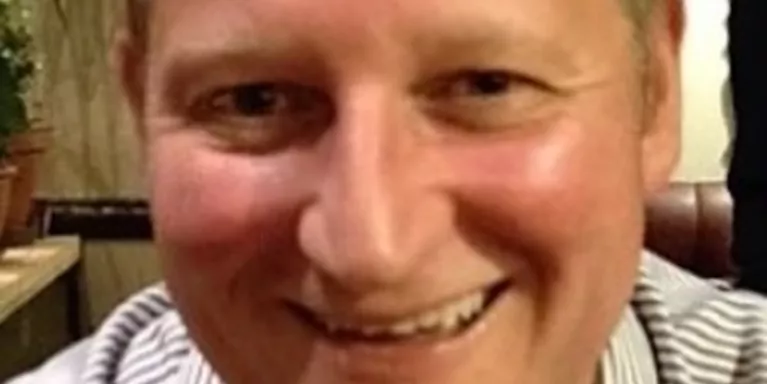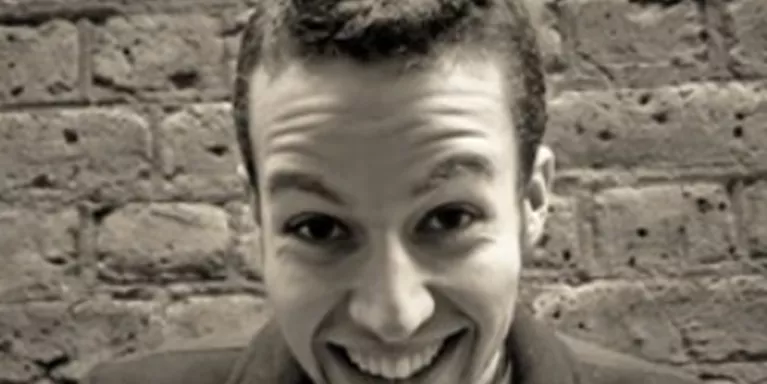Mental health problems – an introduction
Explains what mental health problems are, what may cause them, and the many different kinds of help, treatment and support that are available. Also provides guidance on where to find more information, and tips for friends and family.
What types are there?
There are many different mental health problems. Some of them have similar symptoms, so you may experience the symptoms of more than one mental health problem, or be given several diagnoses at once. Or you might not have any particular diagnosis, but still be finding things very difficult. Everyone's experience is different and can change at different times.
This page provides a brief description of a few mental health problems, and explains where you can find more information on them. Our A–Z of mental health has information on many more topics not listed here.
Depression
Depression is a feeling of low mood that lasts for a long time and affects your everyday life. It can make you feel hopeless, despairing, guilty, worthless, unmotivated and exhausted. It can affect your self-esteem, sleep, appetite, sex drive and your physical health.
In its mildest form, depression doesn't stop you leading a normal life, but it makes everything harder to do and seem less worthwhile. At its most severe, depression can make you feel suicidal, and be life-threatening.
Some types occur during or after pregnancy (antenatal and postnatal depression), or may come back each year around the same time (seasonal affective disorder).
To find out more see our pages on:

Bringing back joy to fight depression
On bad days, I exist in a world that seems devoid of any colour...
Anxiety problems
Anxiety is what we feel when we are worried, tense or afraid – particularly about things that are about to happen, or which we think could happen in the future.
Occasional anxiety is a normal human experience. But if your feelings of anxiety are very strong, or last for a long time, they can be overwhelming. You might also experience physical symptoms such as sleep problems and panic attacks.
You might be diagnosed with a particular anxiety disorder, such as generalised anxiety disorder (GAD), social anxiety (social phobia), panic disorder or post-traumatic stress disorder (PTSD). But it's also possible to experience problems with anxiety without having a specific diagnosis.
To find out more see our pages on:
The physical effects of anxiety
As part of our #mentalhealthselfie series, Alex vlogs on the powerful physical impact his anxiety had on his body.
Phobias
A phobia is an extreme form of fear or anxiety triggered by a particular situation (such as going outside) or object (such as spiders), even when it's very unlikely to be dangerous.
A fear becomes a phobia if the fear is out of proportion to the danger, it lasts for more than six months, and has a significant impact on how you live your day-to-day life.
To find out more, see our pages on phobias.

Living with my phobia of bananas
It isn't exactly a common phobia – but for me, it is a daily challenge.
Going out of the house is a challenge because I [have a] fear of panicking and feel that I'm being watched or judged.
Eating problems
Eating problems are not just about food. They can be about difficult things and painful feelings which you may be finding hard to face or resolve. Lots of people think that if you have an eating problem you will be over- or underweight, and that being a certain weight is always associated with a specific eating problem, but this is a myth. Anyone, regardless of age, gender or weight, can be affected by eating problems.
The most common eating disorder diagnoses are anorexia, bulimia, binge eating disorder, and other specified feeding or eating disorder (OSFED). But it's also possible to have a very difficult relationship with food and not fit the criteria for any specific diagnosis.
To find out more, see our pages on eating problems.
Schizophrenia
Views on schizophrenia have changed over the years. Lots of people question whether it's really a distinct condition, or actually a few different conditions that overlap. But you may still be given this diagnosis if you experience symptoms such as:
- psychosis (such as hallucinations or delusions)
- disorganised thinking and speech
- feeling disconnected from your feelings
- difficulty concentrating
- wanting to avoid people
- a lack of interest in things
- not wanting to look after yourself.
Because psychiatric experts disagree about what schizophrenia is, some people argue that this term shouldn't be used at all. Others think the name of the condition doesn't matter, and prefer to just focus on helping you manage your symptoms and meeting your individual needs.
To find out more see our pages on:

People call me crazy - my film about schizophrenia
...[A] goal of mine was to honestly explain schizophrenia to people and to dismiss the myths around it.
Obsessive-compulsive disorder (OCD)
Obsessive-compulsive disorder is a type of anxiety disorder. The term is often misused in daily conversation – for example, you might hear people talk about being 'a bit OCD', if they like things to be neat and tidy. But the reality of this disorder is a lot more complex and serious.
OCD has two main parts: obsessions (unwelcome thoughts, images, urges, worries or doubts that repeatedly appear in your mind; and compulsions (repetitive activities that you feel you have to do to reduce the anxiety caused by the obsession).
To find out more see our pages on obsessive-compulsive disorder (OCD).
Faisal's story
Faisal explains why he didn't feel able to talk to friends and family when he first started experiencing obsessions and compulsions and how CBT has helped him manage.
Read the transcript of the podcast here. Find out more about our podcasts or subscribe to our podcast on iTunes or Audioboom.
Personality disorders
Personality disorder is a type of mental health problem where your attitudes, beliefs and behaviours cause you longstanding problems in your life. If you have this diagnosis it doesn't mean that you're fundamentally different from other people – but you may regularly experience difficulties with how you think about yourself and others, and find it very difficult to change these unwanted patterns.
There are several different categories and types of personality disorder, but most people who are diagnosed with a particular personality disorder don't fit any single category very clearly or consistently. Also, the term 'personality disorder' can sound very judgemental.
Because of this it is a particularly controversial diagnosis. Some psychiatrists disagree with using it. And many people who are given this label find it more helpful to explain their experiences in other ways.
To find out more see our pages on:
Bipolar disorder
Bipolar disorder (once called manic depression) mainly affects your mood. With this diagnosis you are likely to have times when you experience: manic or hypomanic episodes (feeling high); depressive episodes (feeling low); and potentially some psychotic symptoms.
Everyone has variations in their mood, but in bipolar disorder these swings can feel very extreme and have a big impact on your life. In between, you might have stable times where you experience fewer symptoms.
To find out more see our pages on bipolar disorder.

Being diagnosed with bipolar
I am still the same person inside and with the help of medication I can now manage the extremes.
This information was published in October 2017.
This page is currently under review. All content was accurate when published.
References and bibliography available on request.
If you want to reproduce this content, see our permissions and licensing page.




















